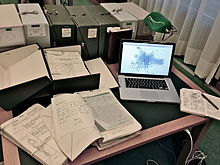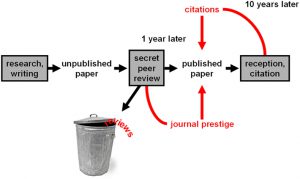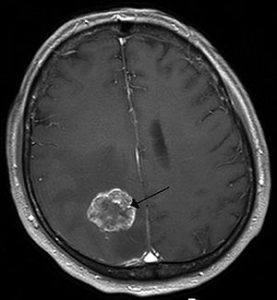
Academic writing is used in formal manuscripts of scholarly communications. These manuscripts are published in scholarly journals. In this article, let us discuss the factors differentiating academic writing from general writing.
Formal language: Academic writing involves the use of formal language that does not include any slang words or contractions. Colloquial words should also be refrained from using.
In academic writing, the use of pronouns in the first person ( I and We) are discouraged. However, many style guides prefer the use of active voice over passive voice, so they may recommend the judicious use of informal elements of writing.
Structure and format of content: Many academic papers have to be written in a format that conforms with the style guide of a discipline. For example, the American Medical Association’s Manual of Style is used for preparing manuscripts of biomedical science.
Social science papers may conform with the requirements of the American Psychological Association (APA) Manual of Style. In general, business papers have to be written in a formal style and conform to the requirements of the Chicago Manual of Style.
In these style guides, guidelines are given for formatting the references and the content of the paper. This would include title, margins, headings, etc. Many style guides also explain scientific writing style, social science writing style, business writing style, etc.
Regardless of the formatting settings, logical flow of ideas and a proper transition of information are encouraged. In a scientific paper, it does not matter whether it is biomedical sciences or physical sciences paper.
All these papers will have six important components: Abstract, Introduction, Methods, Results, Discussion, and Conclusion. In a social science paper, the format of the paper will have greater flexibility and creative freedom.
Tone: The readers of a manuscript would interpret ideas depending on the tone of communication. The tone of writing would depend on the target audience, so the writing style of a manuscript author would depend on the area of specialisation.
Both implicit and explicit forms of personal bias should be avoided in academic writing. An objective point of view must be presented. Care must be taken to avoid a rhetorical form of content. A clear and succinct form of academic writing would avoid the use of emotional phrases.
The target audience of a manuscript is always a group of researchers, professors, teachers, authors, and other academics like peer-reviewers. Therefore, the tone would further emphasise formal word choice and vocabulary.











